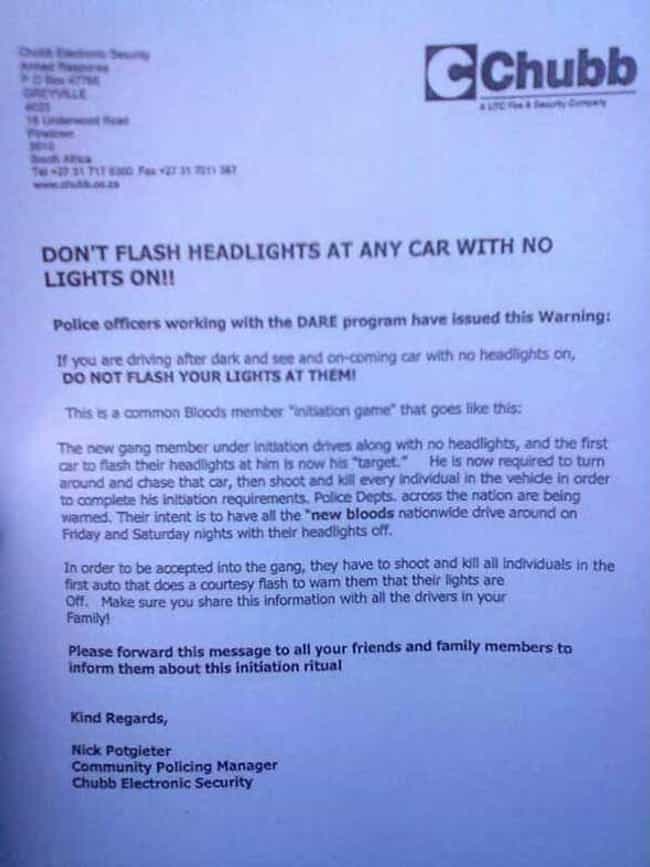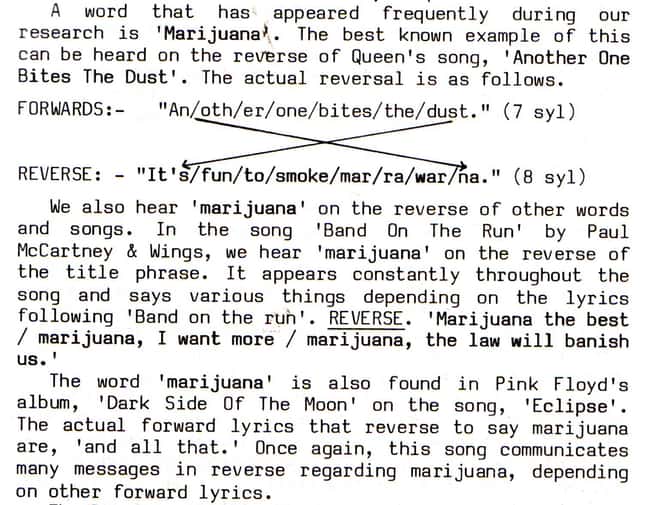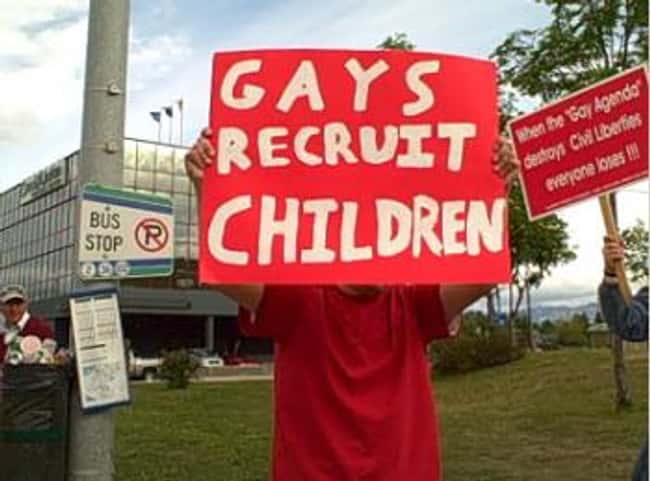Audience theory 2
1) Social learning theory has been criticised for simplifying the causes of violence in society. Do you think the media is responsible for anti-social behaviour and violence?
I think that the majority of anti-social behaviour is influenced by events that happen within that persons home, or the community they live in. It's more of an environmental issue rather than social one. Despite this I do believe that some anti-social behaviour can be caused by social medias, for example a popular Instagram persona known as "Boonk" has a massive following and his actions have been copied by many of his fans showing that social medias can effect how people act.
Violence on the other hand cannot be solely blamed on media as once again the person who's committed a violent act may have never been into violent movies or games, it could be as simple as them being a product of their community, or it could be brought down to them having a tough upbringing with violence in the house.
2) How is social learning theory relevant in the digital age? Are young people now learning behaviour from social media and the internet? Give examples.
Once again this can go both ways as there have been cases of people performing acts they've seen in games in real life or things related (Article). A case like this can easily be thrown down upon media, although there are MANY other factors that could have affected the persons actions. But a younger viewer (4-12) can be more affected by watching something violent, even if it is indeed slapstick as they are more susceptible to these kind of things.
3) Research five examples of moral panic from the last 50 years. To what extent was the media responsible for these moral panics? Was the concern in society justified? How have things changed as a result of these moral panics?

This article here claims that "As part of a gang initiation, prospective members are instructed to drive with their lights off, then follow the first person who flashes their lights (to indicate their lights are off), stalk them, and murder them." Now this ofcourse not being true caused a massive panic through communities as people genuinly believed this to be true. The truth is nothing was going on, it was all a lie, but with the use of social media this message was quickly spread to a lot of people.

This was a real headline used to spark ratings for medias hungry for attention. It was completely misleading for parents claiming that there was a "preschool that was actually a haven for vicious sexual abuse". This was part of the "Satanic Panic" back in the 80's which was just a baseless fear of Devil Worship and Occult Rituals. And proving that this was all fake where the year long trials where millions of dollars where spent, yet no convictions being made.

The "Backmasking" moral panic back in the 70's focuses on the panic of satanic messages being hidden in Rock music, by adding subliminal messages but recorded backwards. Now of course this was all just conspiracy and insecure parents worried about their teenage children. Several tracks where looked over but no one was actually able to find ANY form of evidence to support this claim. Most of it was generally gibberish that just sounded like words. This panic died down in the 90's with the advent of CD's that can't be played backwards. Despite this some musicians still added funny sounding sounds to their music as a joke.

The out break of Ebola caused a massive panic in a large number of countries where people became incredibly concerned for their health. Many people genuinely believed that Ebola would reach their country although it was quarantined really quickly.

The genuine panic of members of the LGBT+ community going out and attempting to "Recruit" people to being gay... Yeah this was ACTUALLY a thing. People believed that since the LGBT+ community aren't able to reproduce, they will recruit children instead, as if it works like that.
4) Read this introduction to an academic paper on technopanics. What examples are given of technopanics that create fear in society?
The example used here are "Online Child Safety, Digital Privacy, and Cyber security". These examples are significant as "Online Child Safety" is what every parents looks for before letting their child go online and interact with the world, especially since children are very susceptible to something such as persuasion and manipulation which can have great consequences.
"Digital Privacy" is another big issue as hacking is a prominent issue in today's society and seems to be done easier than said, although that's not the case. Also, people's information been leaked such as real names, addresses etc. People fear this as not everyone feels comfortable letting the world know their personal information and therefore want to keep it a secret, but with the plethora of stories and news articles about hacking and doxing people becoming increasingly paranoid about it happening to them.
"Cyber Security" although being quite similar to "Digital Privacy" is more focused on other personal details such as Bank accounts, Fraud, and Fake accounts. For example people may not participate in online banking as they feel that hackers will quite easily be able to access their data despite this not being the case. People are also really fearful of online scams since there's a mass amount of scams on today's internet.5) How does the author suggest that technopanics should be addressed - rather than through government regulation?
The author suggests that Technpanics should be addressed by "Societal Learning, Experimentation, Resiliency, and Coping strategies". I think this is because if a person knows what's a risk and what's not and is able to logically explore the online world they won't suffer from any of these "Technopanics" and won't be in danger of anything.
6) Do you think the internet should be regulated? Should the government try and control what we can access online?
No because that kinda defeats the purpose of the internet. Although there are some horrifying things that are on the internet, we all know the government will take a step further and begin monitoring sites such as "Youtube" and this means anyone who opposes the government can easily be removed, thus leading to only favoured opinions on the internet.
7) Apply Gerbner's cultivation theory to new and digital media. Is the internet creating a fearful population? Are we becoming desensitised to online threats, trolling and abuse?
To an extent yes, people seeing gore more and more often makes them become desensitised to it meaning whenever they see it, they aren't really affected by it. Also things such as trolls and abuse aren't massive concerns as the internet has means of getting rid of these and it can be handled really easily.
8) Is heavy internet use something we should be worried about in society? How would you define 'heavy internet use'?
It really depends on what the internet is being used for, if for example it's educational purposes then of course not, but other things can provoke people to doing outrageous things. But although a lot of people are regularly on the internet, the effects are necessarily devastating. Most people are there simply because that's how the world works now, and that's how most people function. To be perfectly honest the internet allows us to do so much more, in so much less time it's nothing to be worried about, as long as a person doesn't lose a sense of reality their internet use is to no harm.
"Heavy Internet use" would be where a person is unable to live without the internet, and unable to do certain 'everyday' tasks without the internet being there.
I think that the majority of anti-social behaviour is influenced by events that happen within that persons home, or the community they live in. It's more of an environmental issue rather than social one. Despite this I do believe that some anti-social behaviour can be caused by social medias, for example a popular Instagram persona known as "Boonk" has a massive following and his actions have been copied by many of his fans showing that social medias can effect how people act.
Violence on the other hand cannot be solely blamed on media as once again the person who's committed a violent act may have never been into violent movies or games, it could be as simple as them being a product of their community, or it could be brought down to them having a tough upbringing with violence in the house.
2) How is social learning theory relevant in the digital age? Are young people now learning behaviour from social media and the internet? Give examples.
Once again this can go both ways as there have been cases of people performing acts they've seen in games in real life or things related (Article). A case like this can easily be thrown down upon media, although there are MANY other factors that could have affected the persons actions. But a younger viewer (4-12) can be more affected by watching something violent, even if it is indeed slapstick as they are more susceptible to these kind of things.
3) Research five examples of moral panic from the last 50 years. To what extent was the media responsible for these moral panics? Was the concern in society justified? How have things changed as a result of these moral panics?

This article here claims that "As part of a gang initiation, prospective members are instructed to drive with their lights off, then follow the first person who flashes their lights (to indicate their lights are off), stalk them, and murder them." Now this ofcourse not being true caused a massive panic through communities as people genuinly believed this to be true. The truth is nothing was going on, it was all a lie, but with the use of social media this message was quickly spread to a lot of people.

This was a real headline used to spark ratings for medias hungry for attention. It was completely misleading for parents claiming that there was a "preschool that was actually a haven for vicious sexual abuse". This was part of the "Satanic Panic" back in the 80's which was just a baseless fear of Devil Worship and Occult Rituals. And proving that this was all fake where the year long trials where millions of dollars where spent, yet no convictions being made.

The "Backmasking" moral panic back in the 70's focuses on the panic of satanic messages being hidden in Rock music, by adding subliminal messages but recorded backwards. Now of course this was all just conspiracy and insecure parents worried about their teenage children. Several tracks where looked over but no one was actually able to find ANY form of evidence to support this claim. Most of it was generally gibberish that just sounded like words. This panic died down in the 90's with the advent of CD's that can't be played backwards. Despite this some musicians still added funny sounding sounds to their music as a joke.

The out break of Ebola caused a massive panic in a large number of countries where people became incredibly concerned for their health. Many people genuinely believed that Ebola would reach their country although it was quarantined really quickly.

The genuine panic of members of the LGBT+ community going out and attempting to "Recruit" people to being gay... Yeah this was ACTUALLY a thing. People believed that since the LGBT+ community aren't able to reproduce, they will recruit children instead, as if it works like that.
4) Read this introduction to an academic paper on technopanics. What examples are given of technopanics that create fear in society?
The example used here are "Online Child Safety, Digital Privacy, and Cyber security". These examples are significant as "Online Child Safety" is what every parents looks for before letting their child go online and interact with the world, especially since children are very susceptible to something such as persuasion and manipulation which can have great consequences.
"Digital Privacy" is another big issue as hacking is a prominent issue in today's society and seems to be done easier than said, although that's not the case. Also, people's information been leaked such as real names, addresses etc. People fear this as not everyone feels comfortable letting the world know their personal information and therefore want to keep it a secret, but with the plethora of stories and news articles about hacking and doxing people becoming increasingly paranoid about it happening to them.
"Cyber Security" although being quite similar to "Digital Privacy" is more focused on other personal details such as Bank accounts, Fraud, and Fake accounts. For example people may not participate in online banking as they feel that hackers will quite easily be able to access their data despite this not being the case. People are also really fearful of online scams since there's a mass amount of scams on today's internet.5) How does the author suggest that technopanics should be addressed - rather than through government regulation?
The author suggests that Technpanics should be addressed by "Societal Learning, Experimentation, Resiliency, and Coping strategies". I think this is because if a person knows what's a risk and what's not and is able to logically explore the online world they won't suffer from any of these "Technopanics" and won't be in danger of anything.
6) Do you think the internet should be regulated? Should the government try and control what we can access online?
No because that kinda defeats the purpose of the internet. Although there are some horrifying things that are on the internet, we all know the government will take a step further and begin monitoring sites such as "Youtube" and this means anyone who opposes the government can easily be removed, thus leading to only favoured opinions on the internet.
7) Apply Gerbner's cultivation theory to new and digital media. Is the internet creating a fearful population? Are we becoming desensitised to online threats, trolling and abuse?
To an extent yes, people seeing gore more and more often makes them become desensitised to it meaning whenever they see it, they aren't really affected by it. Also things such as trolls and abuse aren't massive concerns as the internet has means of getting rid of these and it can be handled really easily.
8) Is heavy internet use something we should be worried about in society? How would you define 'heavy internet use'?
It really depends on what the internet is being used for, if for example it's educational purposes then of course not, but other things can provoke people to doing outrageous things. But although a lot of people are regularly on the internet, the effects are necessarily devastating. Most people are there simply because that's how the world works now, and that's how most people function. To be perfectly honest the internet allows us to do so much more, in so much less time it's nothing to be worried about, as long as a person doesn't lose a sense of reality their internet use is to no harm.
"Heavy Internet use" would be where a person is unable to live without the internet, and unable to do certain 'everyday' tasks without the internet being there.

Comments
Post a Comment